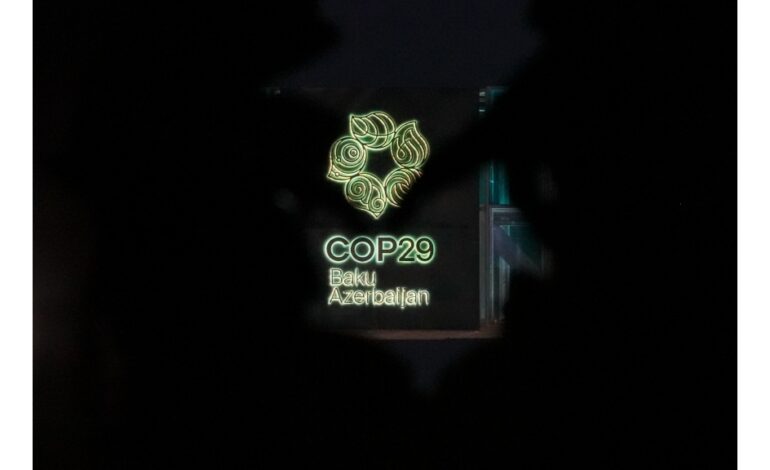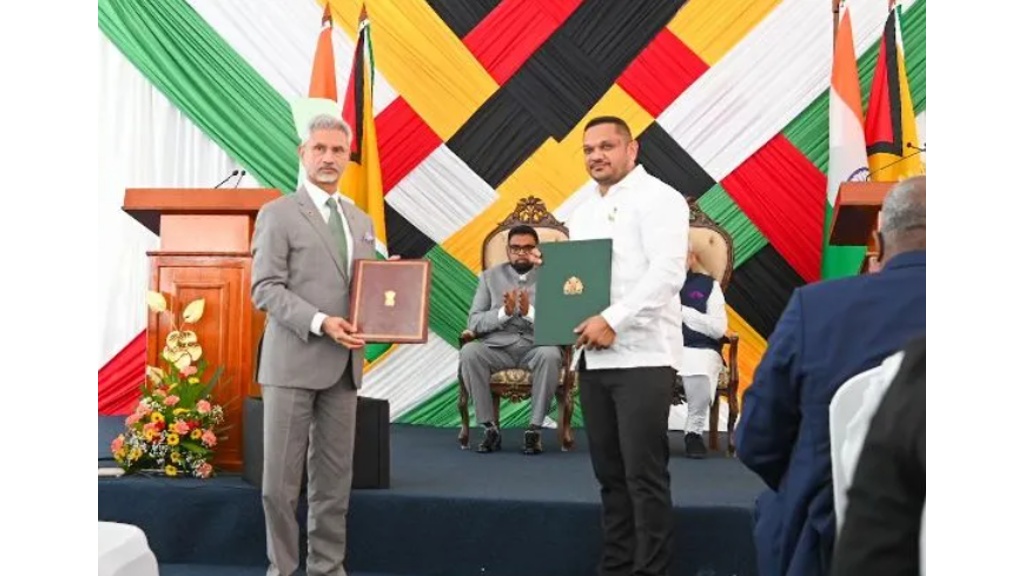Caribbean countries could benefit from new financing initiative

Caribbean Community (CARICOM) countries could benefit from a new initiative announced by multilateral development banks (MDBs) outlining financial support and other measures for countries to achieve ambitious climate outcomes.
The statement was issued by the African Development Bank Group, the Asian Development Bank, the Asian Infrastructure Investment Bank, the Council of Europe Development Bank, the European Bank for Reconstruction and Development, the European Investment Bank (EIB), the Inter-American Development Bank (DB), the Islamic Development Bank, the New Development Bank, and the World Bank Group.
Caribbean countries are members of the IDB and in the past have benefitted from the assistance provided by the EIB.
MDBs estimate that by 2030, their annual collective climate financing for low- and middle-income countries will reach US$120 billion, including $42 billion for adaptation, and MDBs aim to mobilize US$65 billion from the private sector.
For high-income countries, this annual collective climate financing is projected to reach US$50 billion, including seven billion US dollars for adaptation, and MDBs aim to mobilize $65 billion from the private sector.
MDBs significantly exceeded their ambitious 2025 climate finance projections set in 2019, with a 25 er cent increase in direct climate finance and mobilization for climate efforts doubling over the past year.
“While the scale of MDBs’ financial commitments is essential, MDBs’ most significant impact comes from our ability to drive transformative change,” the MDBs said in the statement, adding that they are “focused on amplifying our catalytic effect by enhancing the results and impact of our financing, deepening engagement with countries through platforms, supporting clients’ climate ambitions, and increasing private sector mobilization”.
The statement said that rallying to the call for urgent climate action, the MDBs recognize the central importance of establishing a New Collective Quantified Goal on Climate Finance (NCQG) at COP 29 in Baku.
“A robust and ambitious NCQG is essential for achieving the goals of the Paris Agreement, and we urge Parties to reach a strong conclusion on this objective,” the statement said.
Recognizing that quality and systemic impact must be informed by climate results, the MDBs have released the “Common Approach to Measuring Climate Results” Update and Indicators”.
The common approach, issued in April, is the first shared framework to define, measure, and link global progress on climate mitigation and adaptation with the climate results of MDB activities.
The MDBs also published their “Country Platforms for Climate Change-MDB Statement of Common Understanding and Way Forward,” reaffirming their joint support for efforts to foster collaboration between host countries, MDBs, donors, and the private sector.
Based on country demand, MDBs will build on successful examples to support the launch of new platforms, while deepening collaboration with partners including the International Monetary Fund.





